ACT ONE. I AM SITTING ON A PARK BENCH BY MYSELF,
CONTEMPLATING THE INFINITE SEA.
ME: So what’s happening?
MYSELF: Nothing.
ME: So what’s nothing?
MYSELF: Nothing is the sea of possibility from which all things arise.
ME: Deep.
MYSELF: Could write a whole play about it.
ME: Hey, it worked for Shakespeare.
MYSELF: And Seinfeld.
ME: He never understood nothing.
MYSELF: Nobody does.
ME: We still don’t know nothing.
MYSELF: Even the word is a paradox.
ME: There’s nothing more interesting.
MYSELF: But fear nothing.
ME: Fear the idea of nothing? Or don’t fear anything?
MYSELF: Nothing matters.
ME: Without nothing, we don’t have anything.
ACT TWO. ME (AND MYSELF) ARE SEATED BEHIND A TALL LABORATORY TABLE FILLED WITH BOOKS, SMOKING BEAKERS, RELIGIOUS RELICS AND MACHINERY. YOU CAN BARELY SEE US.
ME: So what’s all this?
MYSELF: Science. Knowledge. Beliefs.
ME: Now that’s something.
MYSELF: It sure is.
ME: Who came up with this?
MYSELF: We did.
ME: But now we can’t see nothing.
MYSELF: Another paradox.
ME: Why so much stuff?
MYSELF: We had nothing to do.
ME: So we made stuff up.
MYSELF: Out of nothing.
ME: But now we’re making stuff out of stuff.
MYSELF: Because we lost sight of nothing.
ME: It’s like we’re chasing our own tails.
MYSELF: What else is there to chase?
ME: (SCREAMING) NOTHING!!!
ACT THREE. ALL THE STUFF IS CLEARED, REVEALING ME (AND MYSELF)
LYING DOWN ON THE PARK BENCH
ME: We don’t feel so good.
MYSELF: Oh, it’s nothing.
ME: Why do we feel like it’s something?
MYSELF: Because we like to fool ourselves.
ME: Why would we do that?
MYSELF: Because if we don’t fool ourselves, we might get bored.
ME: We could have a cold.
MYSELF: We could.
ME: We could have cancer.
MYSELF: We could have anything we want.
ME: But we choose the same old things. Death. Suffering. American Idol.
MYSELF: Because we’ve lost sight of the sea.
ME: The sea of nothing?
MYSELF: The sea of Nothing is the sea of possibilities.
ME: When will we understand that nothing is everything?
MYSELF: We think some of us are starting to figure it out.
ACT FOUR. A GIANT PYRAMID IS WHEELED IN FRONT OF ME (AND MYSELF)
ME: How did that get there?
MYSELF: Now there’s a mystery.
ME: We still can’t figure it out.
MYSELF: Like the disappearing airplane. Or Michael Jackson.
ME: Was it aliens? Magic? Time travel?
MYSELF: Maybe we simply knew more then than we know now.
ME: But why did we forget?
MYSELF: Maybe we wanted to. Maybe we hit the reset button so we could start the game over.
ME: But why did we leave this pyramid here?
MYSELF: Maybe we wanted to remind ourselves that it’s only a game.
ME: So we think maybe we could build one of these again?
MYSELF: I bet we could build one out of pure intention.
ME: Now we’re talking crazy.
MYSELF: Maybe we built crazy.
ME: Out of nothing.
MYSELF: Precisely.
ACT FIVE. ME (AND MYSELF) ARE OBSESSING OVER SMART PHONES
ME: We can’t take our eyes off this.
MYSELF: It’s called Facebook.
ME: Is that us?
MYSELF: I’m afraid so.
ME: Why are we telling people what we had for dinner? And begging people to adopt dogs?
MYSELF: It makes us feel like we’re something.
ME: Do we think it a makes difference?
MYSELF: We’re still nothing. But we don’t understand that.
ME: And who posts a play about a guy talking to himself?
MYSELF: There’s a reason for everything.
ME: We’re just looking for attention.
MYSELF: Attention is like glue. It’s how we make stuff out of nothing.
ME: Nothing exists without attention.
MYSELF: Attention is how we make stuff real.
ME: Out of nothing.
MYSELF: Precisely.
ME: And once it’s real, it’s hard to get rid of it.
MYSELF: Like the pyramids.
ME: Or the laws of science. Disease. Starvation.
MYSELF: Religions. Relationships. War.
ME: Global warming. Chia Pets. Paul Tedeschi.
MYSELF: We could just hit the reset button.
ME: What? And lose everything?
(TO BE CONTINUED)
Exploring the profundity of “nothing” through an introspective dialogue between Me and Myself, we journey through the realms of philosophy, science, and the essence of human curiosity. This narrative unfolds in five acts, each delving deeper into the concept of nothingness and its paradoxical significance in our lives.
Act One sets the stage with Me and Myself contemplating the infinite sea, a metaphor for the boundless sea of possibilities that “nothing” represents. This dialogue lays the foundation for a philosophical exploration of the nature of nothingness, touching upon its inherent paradox and the human tendency to fear or misunderstand it.
Act Two transitions to a laboratory setting, brimming with the artifacts of human endeavor—science, knowledge, beliefs. This scene symbolizes humanity’s quest to fill the void of nothingness with something, anything that can provide a sense of understanding or control. Yet, in our zeal to create and to know, we often lose sight of the very essence of nothingness and its potential.
Act Three reveals Me and Myself, now lying on the park bench, stripped of the distractions and clutter of their creations. This act confronts the discomfort and existential angst that arises from our confrontation with nothingness, highlighting the human propensity to create narratives of fear and suffering to fill the void.
Act Four introduces a giant pyramid, a symbol of mystery, ancient wisdom, and perhaps, a reminder of the cyclic nature of human understanding and ignorance. This act invites contemplation on the reasons behind humanity’s forgetfulness and our desire to rediscover or reinvent the truths of our past.
Act Five brings the narrative to the contemporary obsession with digital connectivity and social media, represented by the fixation on smartphones and Facebook. This scene critiques the superficial ways in which we attempt to convert nothingness into something of perceived value, only to realize that our creations, while making us feel like “something,” still fail to transcend the underlying nothingness.
The play subtly weaves together themes of existential inquiry, the limitations of human knowledge, and the cyclical nature of creation and destruction. It challenges us to ponder whether anything truly exists without the attention we bestow upon it, suggesting that our perceptions and intentions have the power to manifest reality out of nothingness.
In essence, the dialogue between Me and Myself serves as a mirror to the human condition, reflecting our eternal struggle with the concept of nothingness and our attempts to define, understand, and ultimately transcend it. Through this introspective journey, we are invited to embrace the sea of possibilities that nothingness offers, recognizing that within it lies the potential for everything.
This exploration invites us to consider the vast potential hidden within “nothing,” urging us to embrace the void not as a source of fear, but as the birthplace of all possibility.
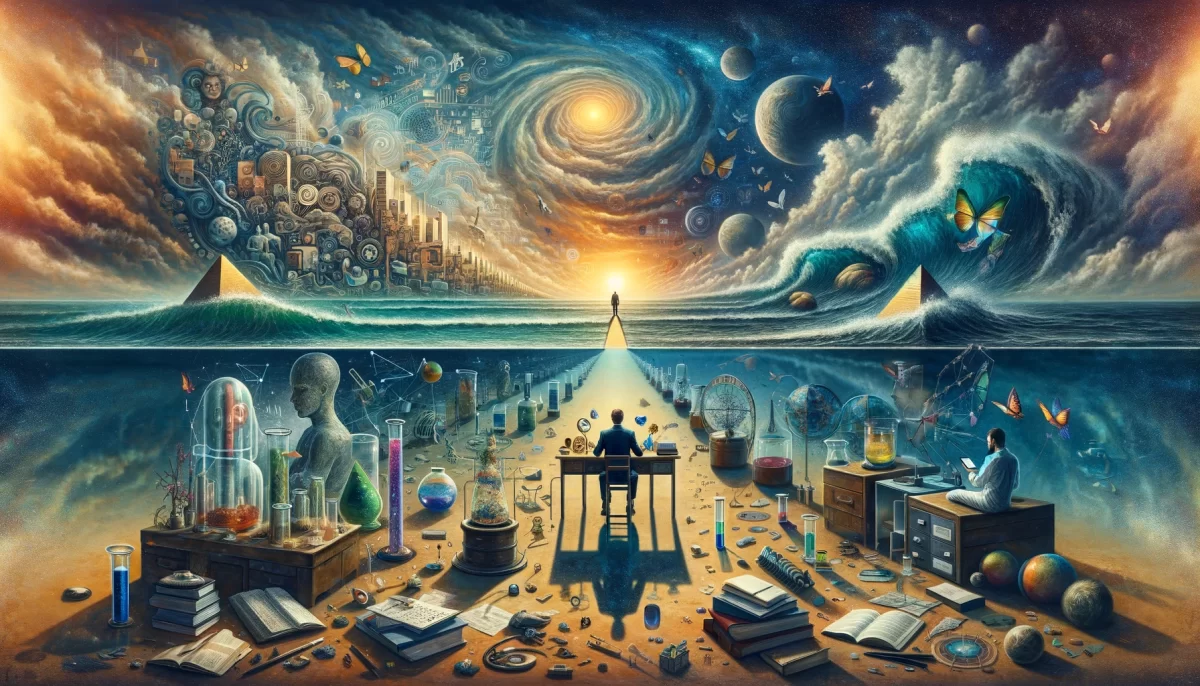
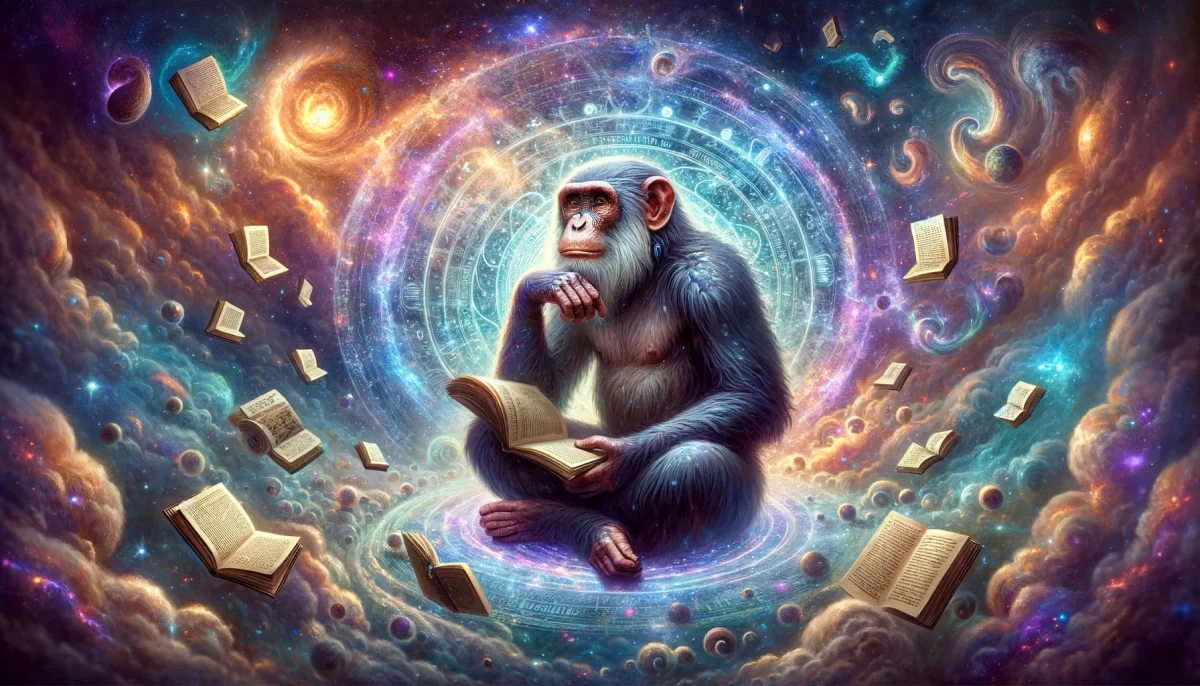
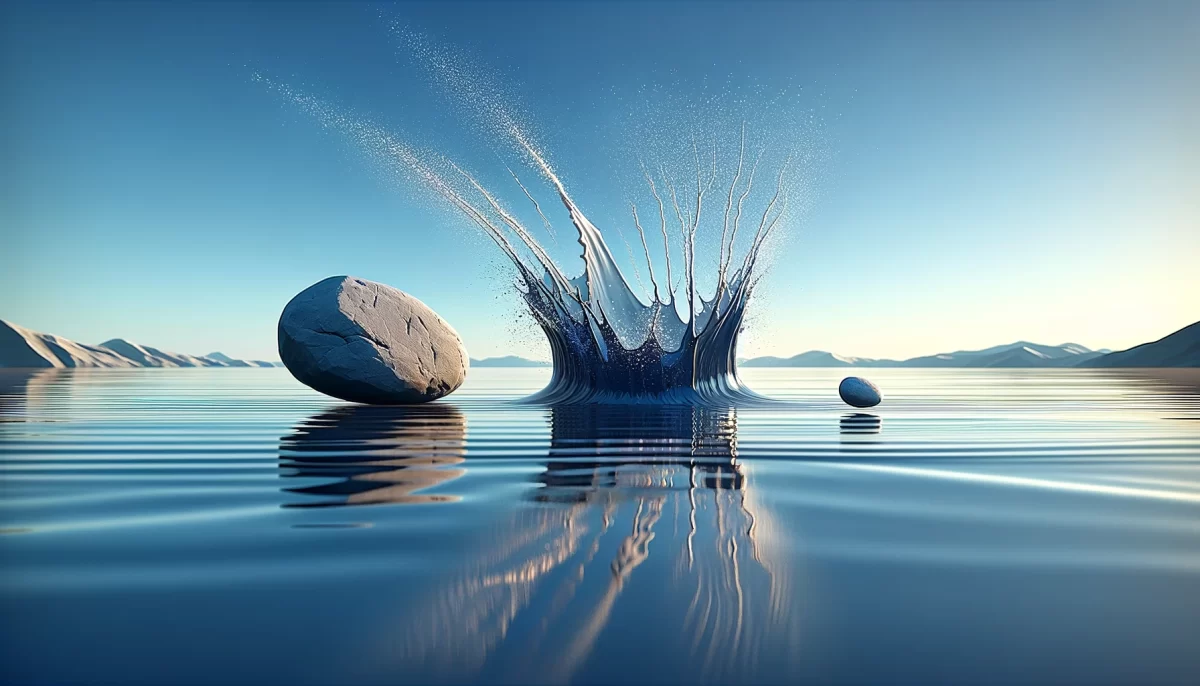
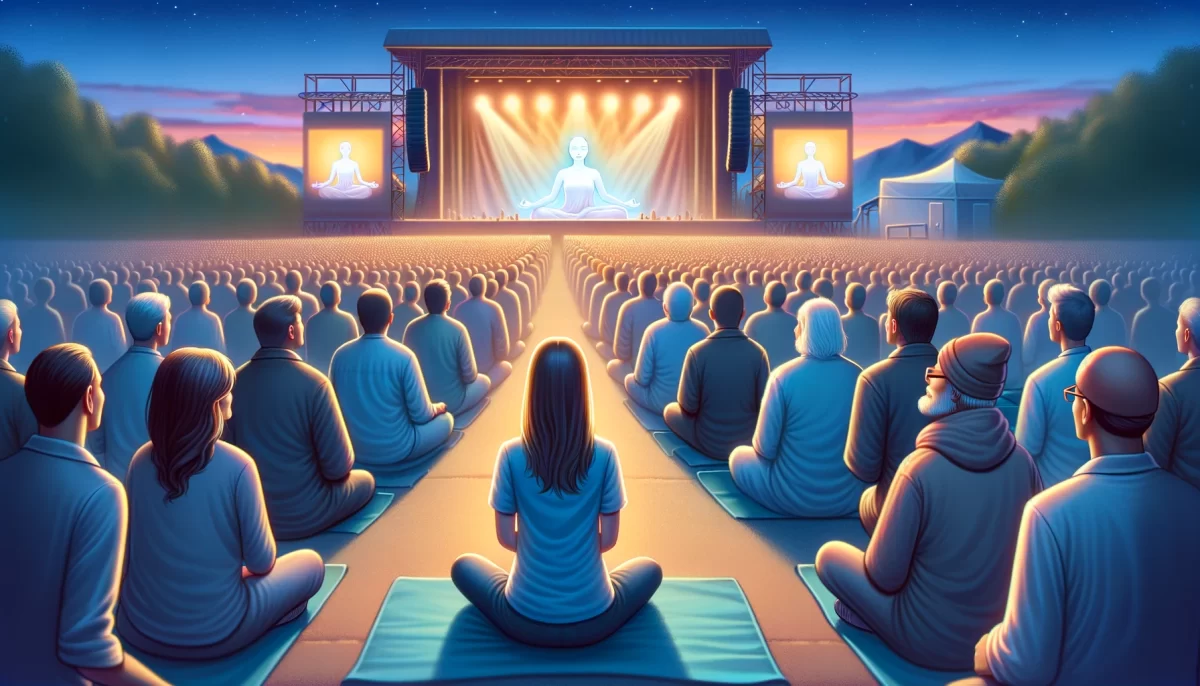

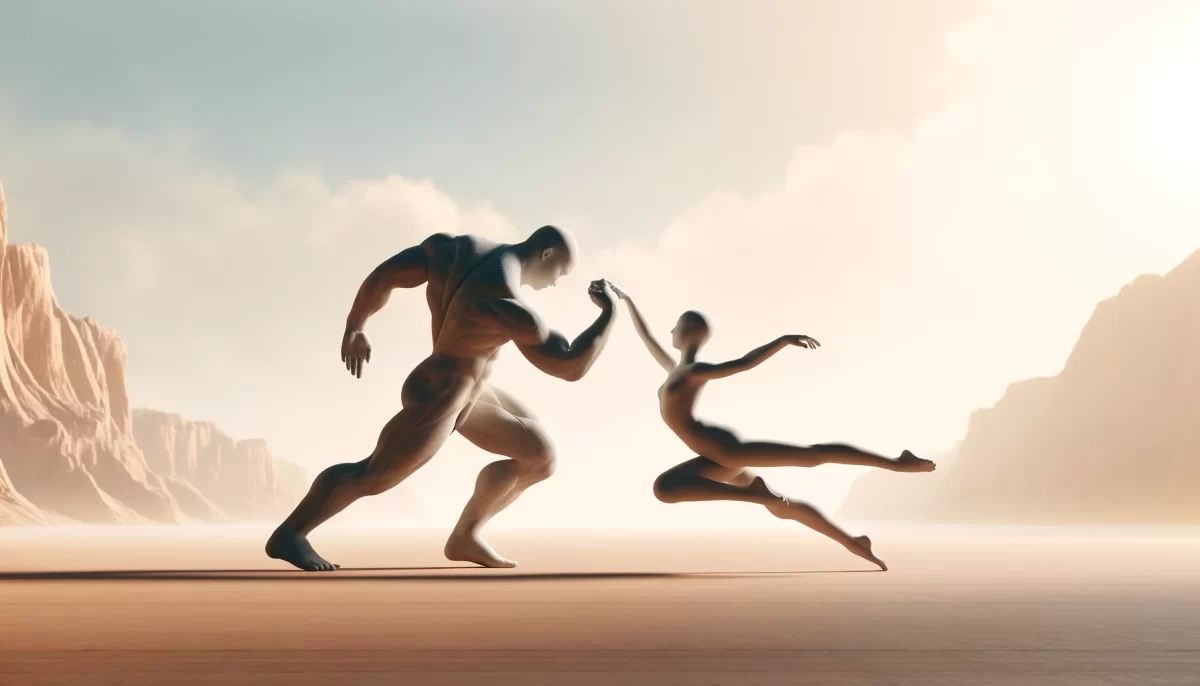
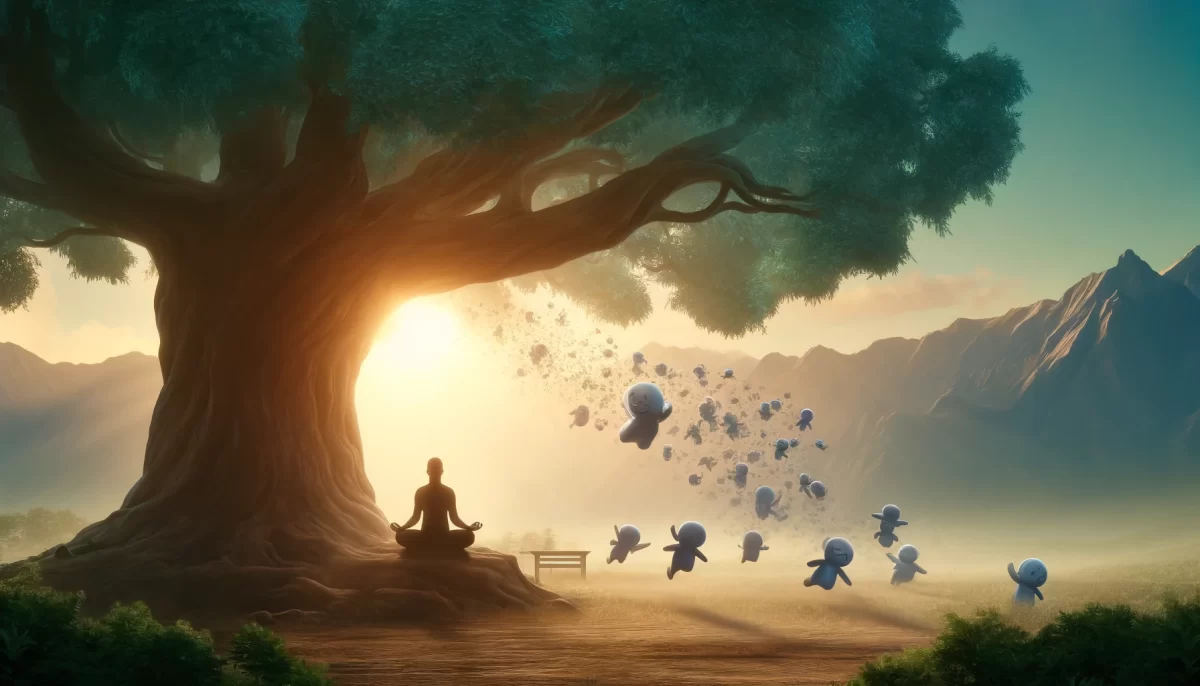
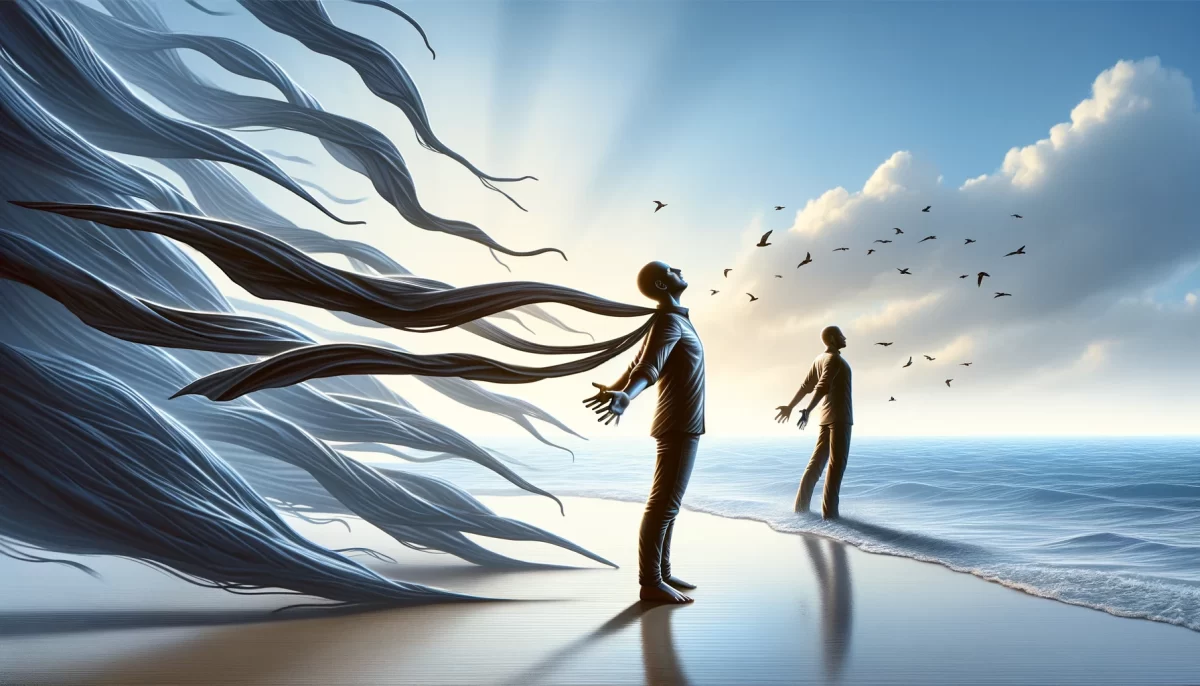
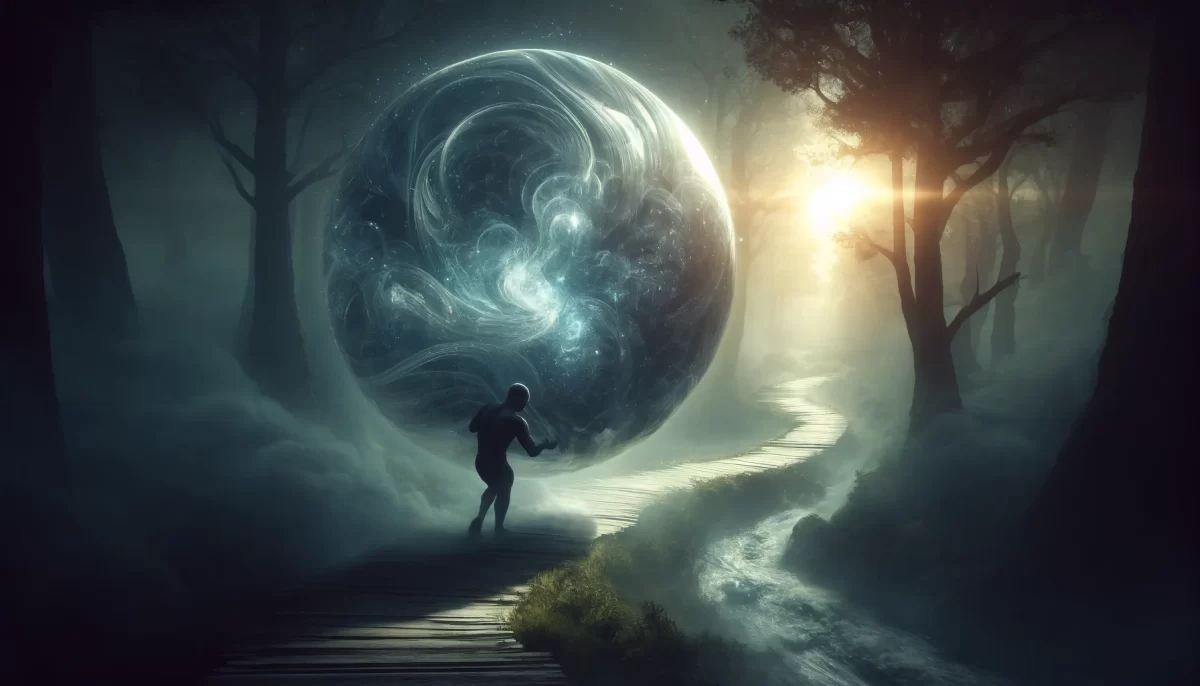
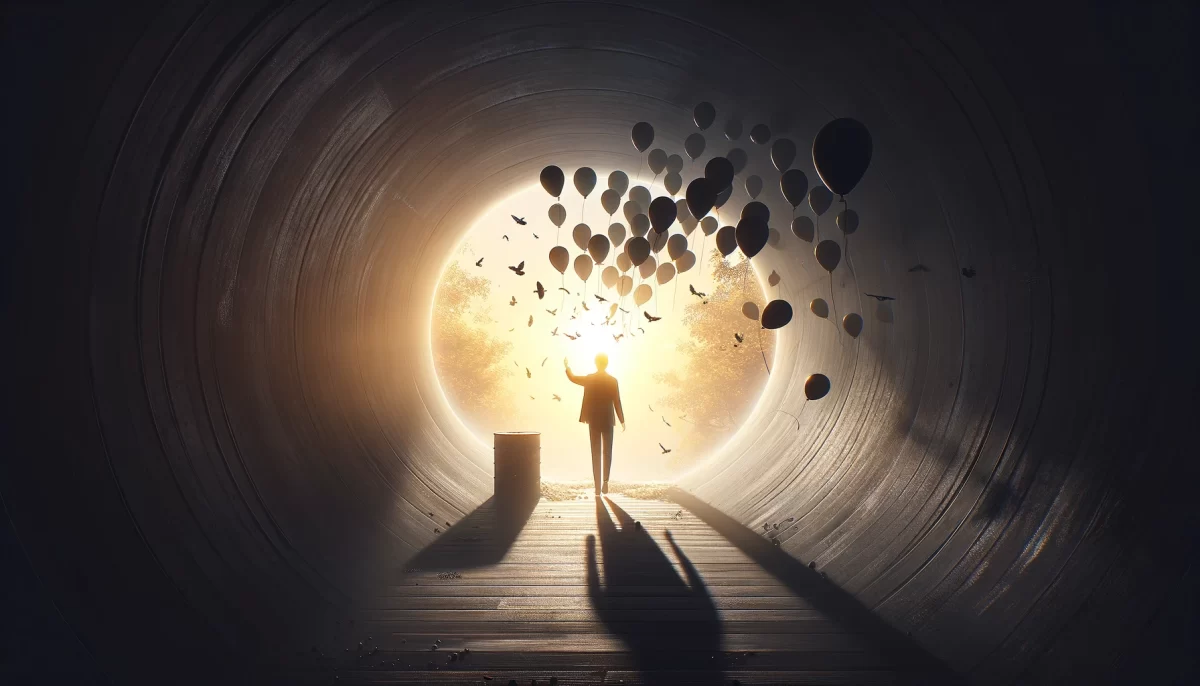
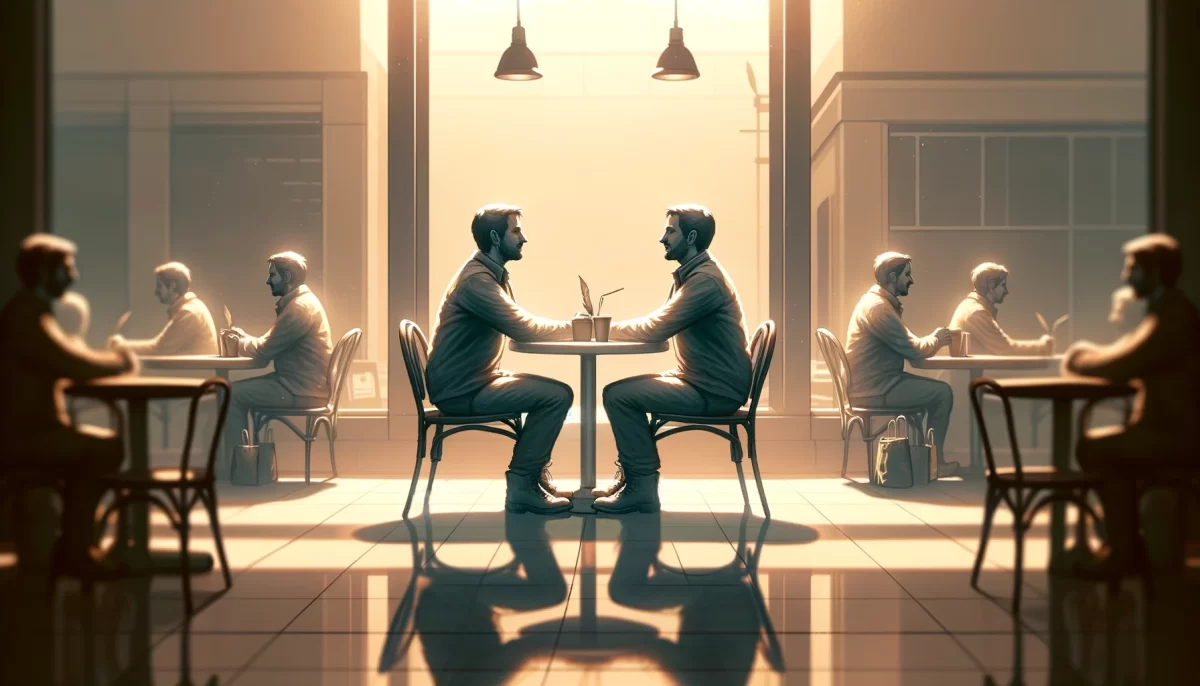
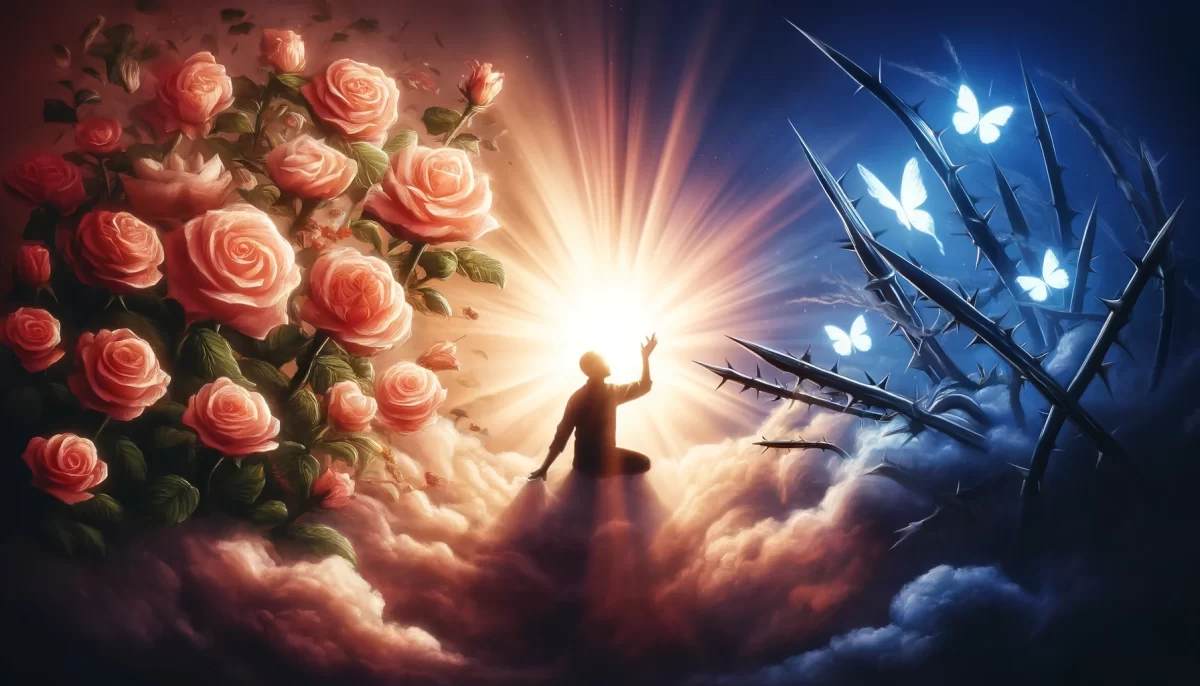
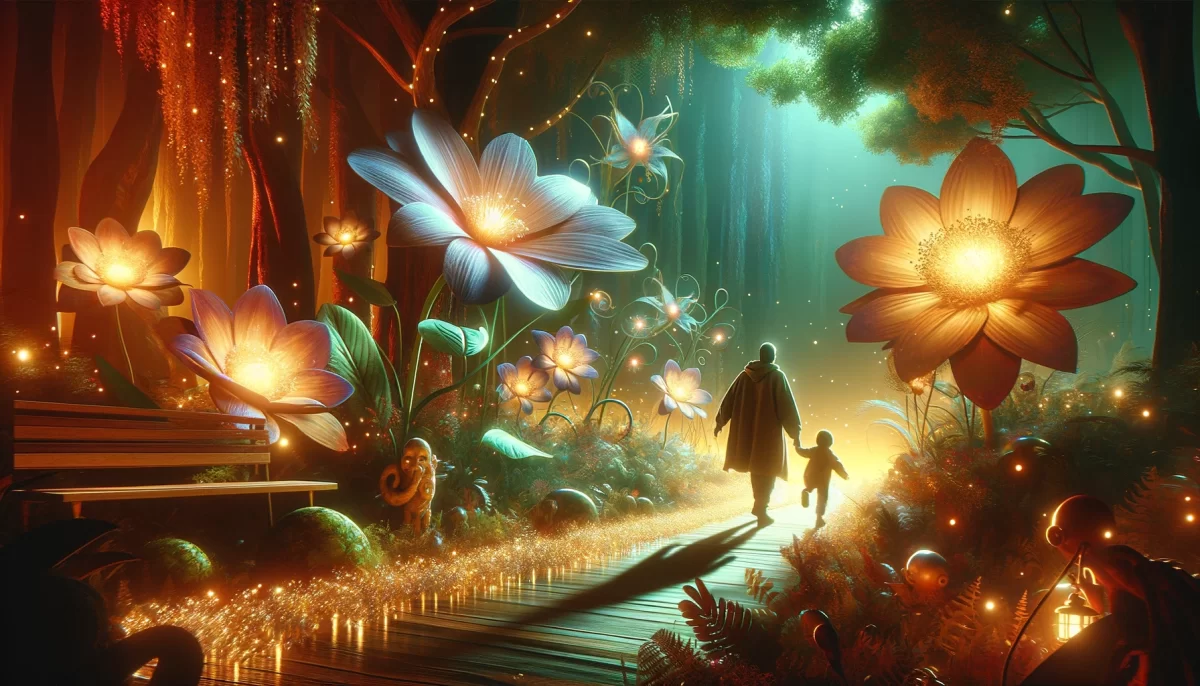
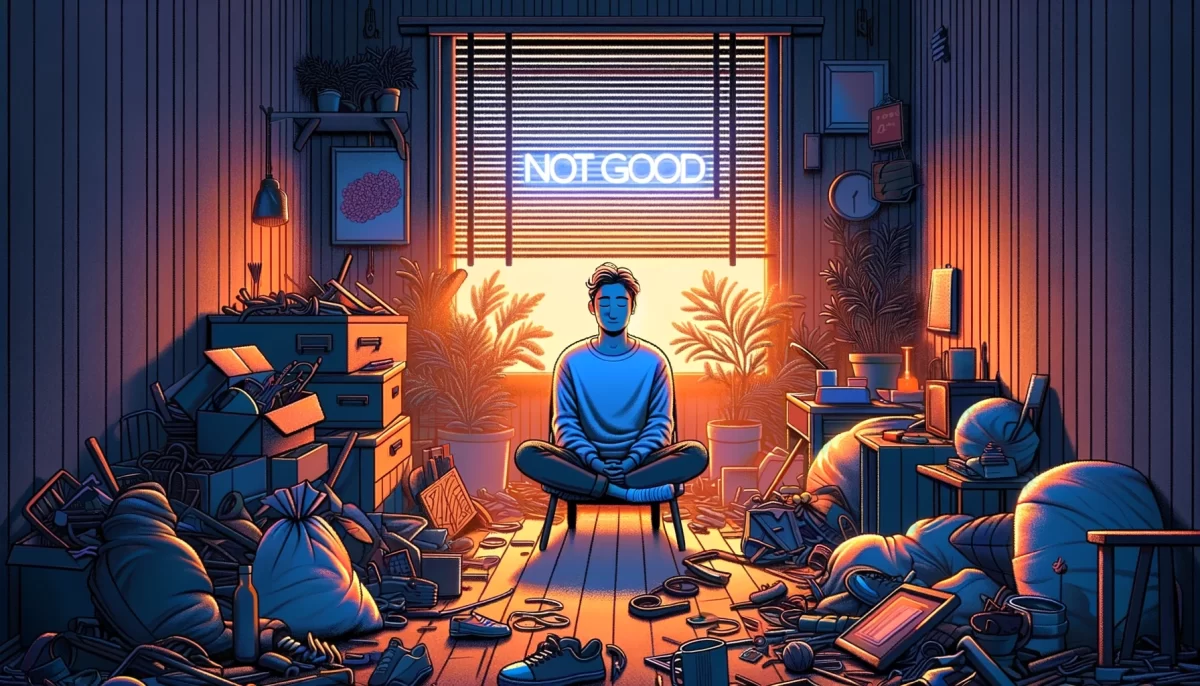
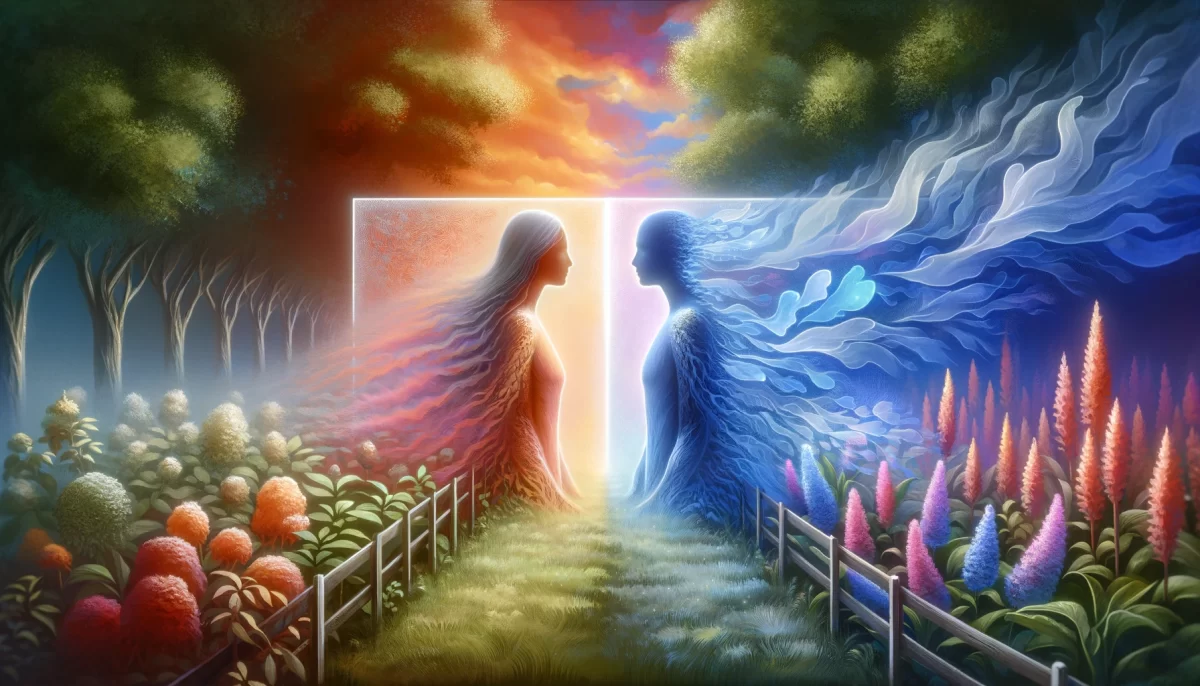
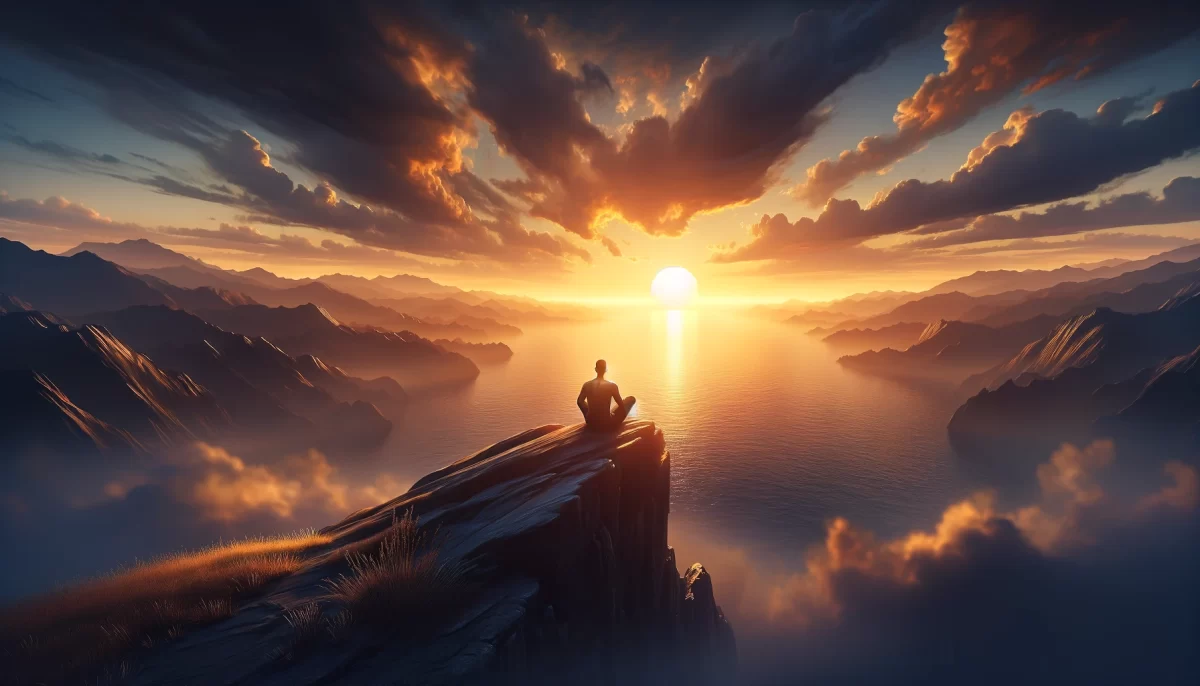
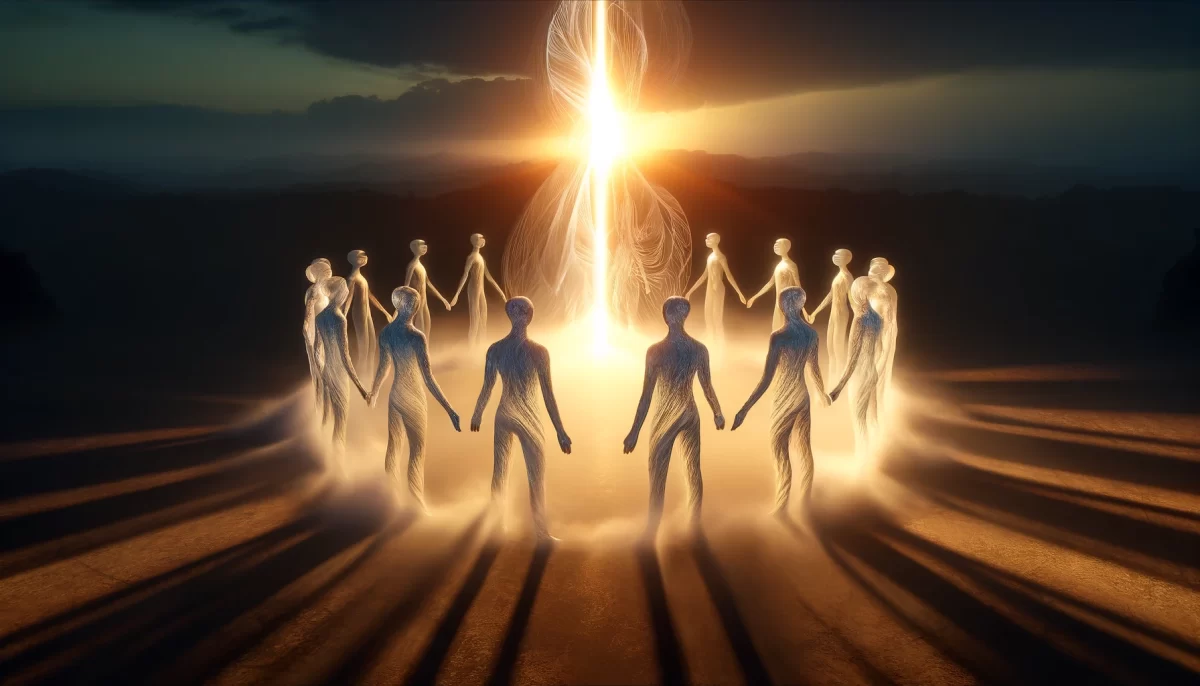
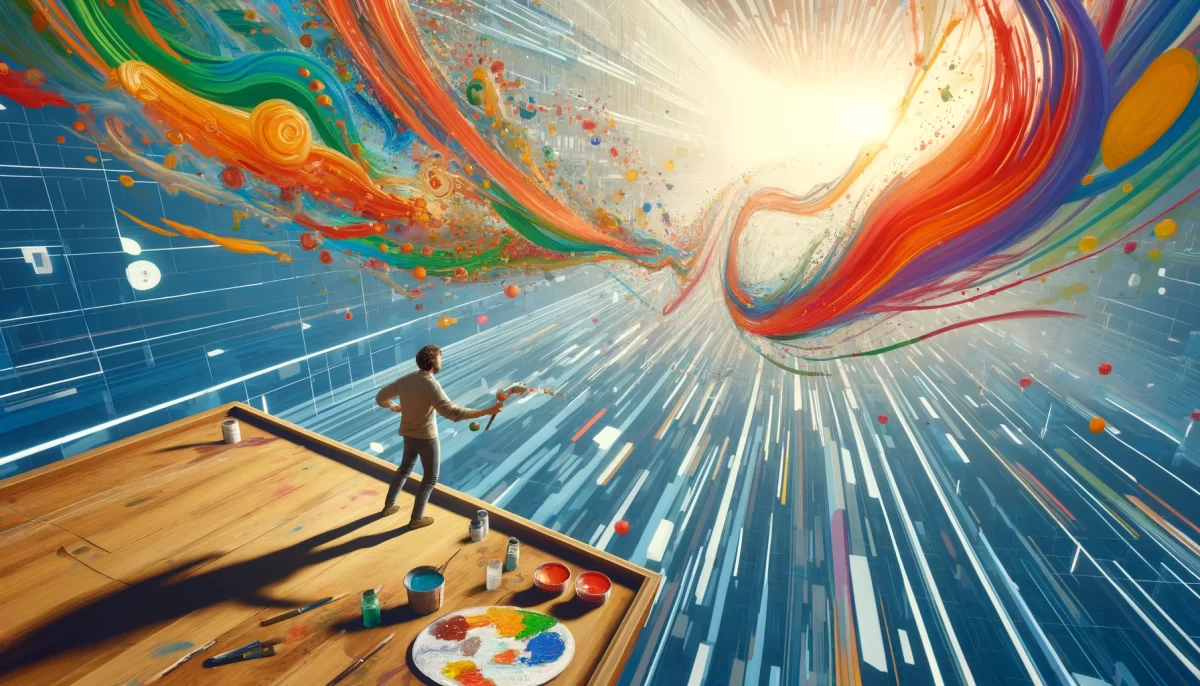
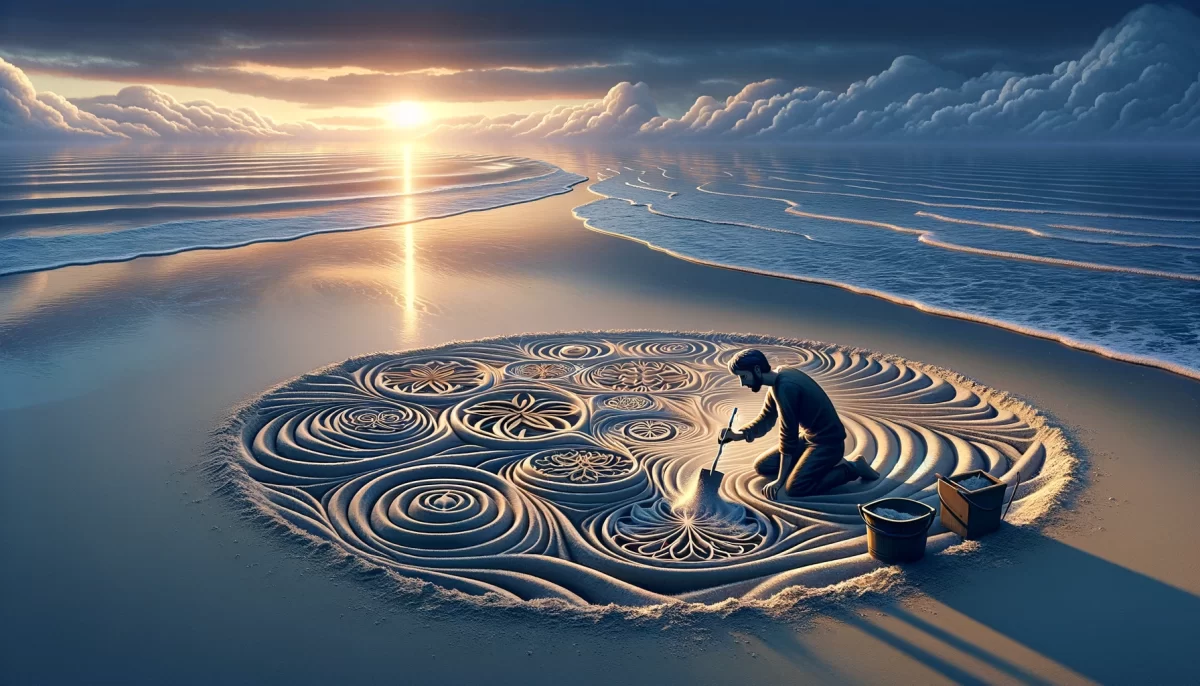
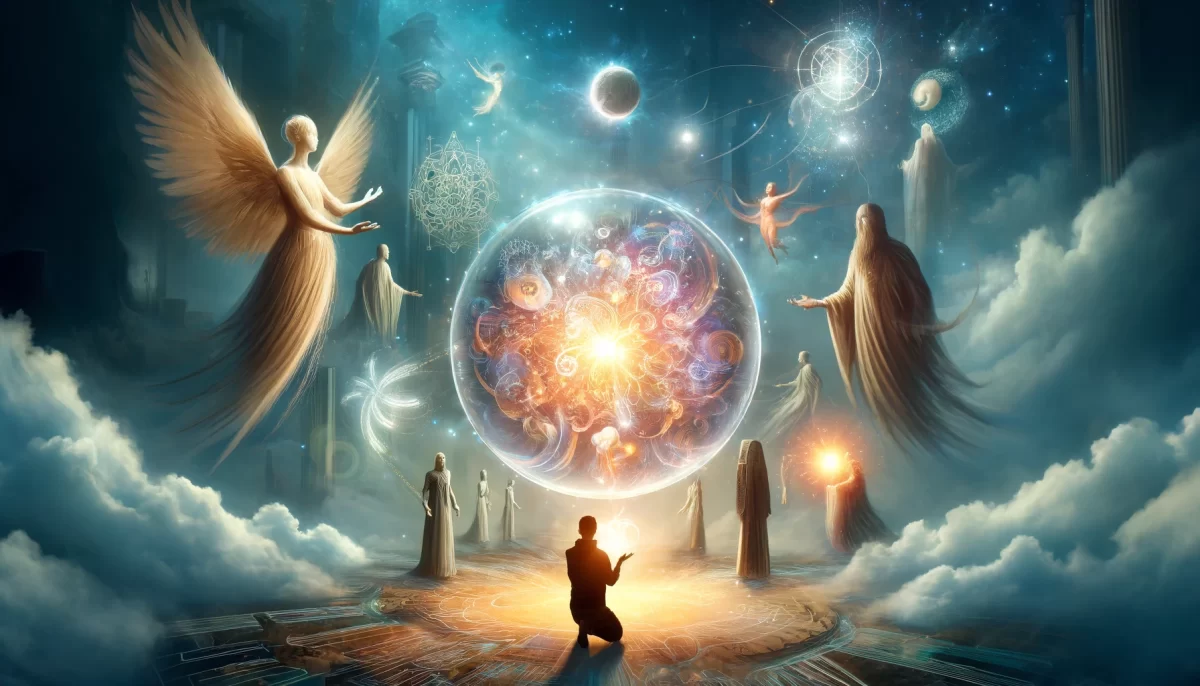
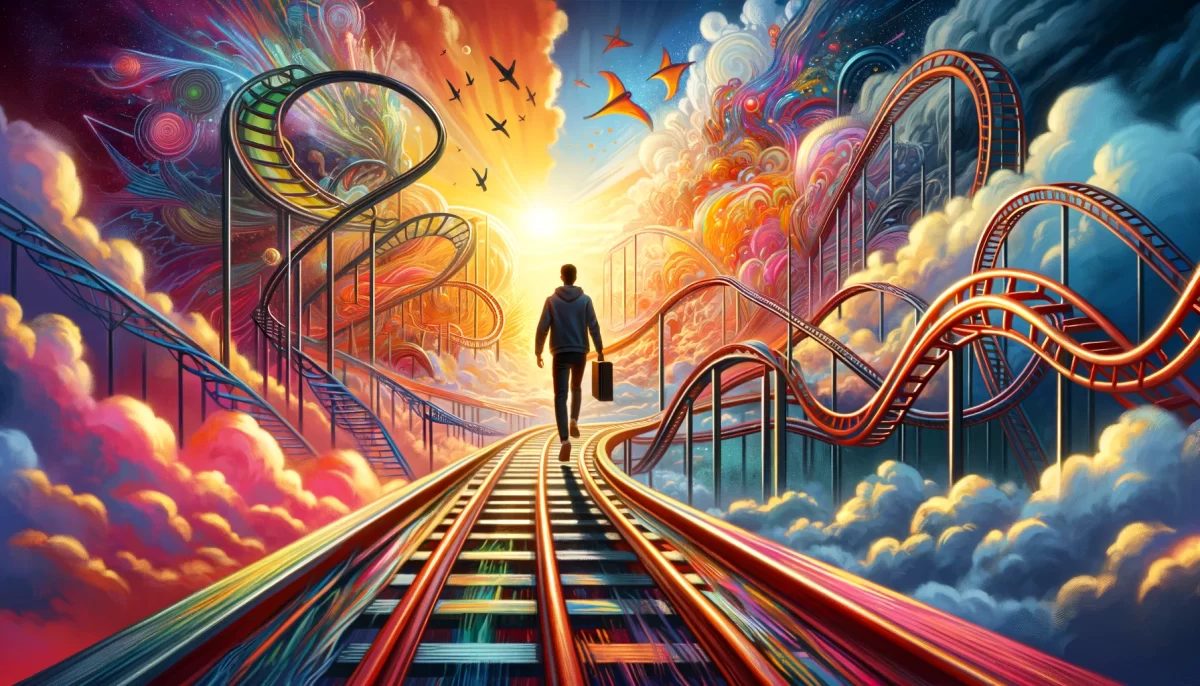
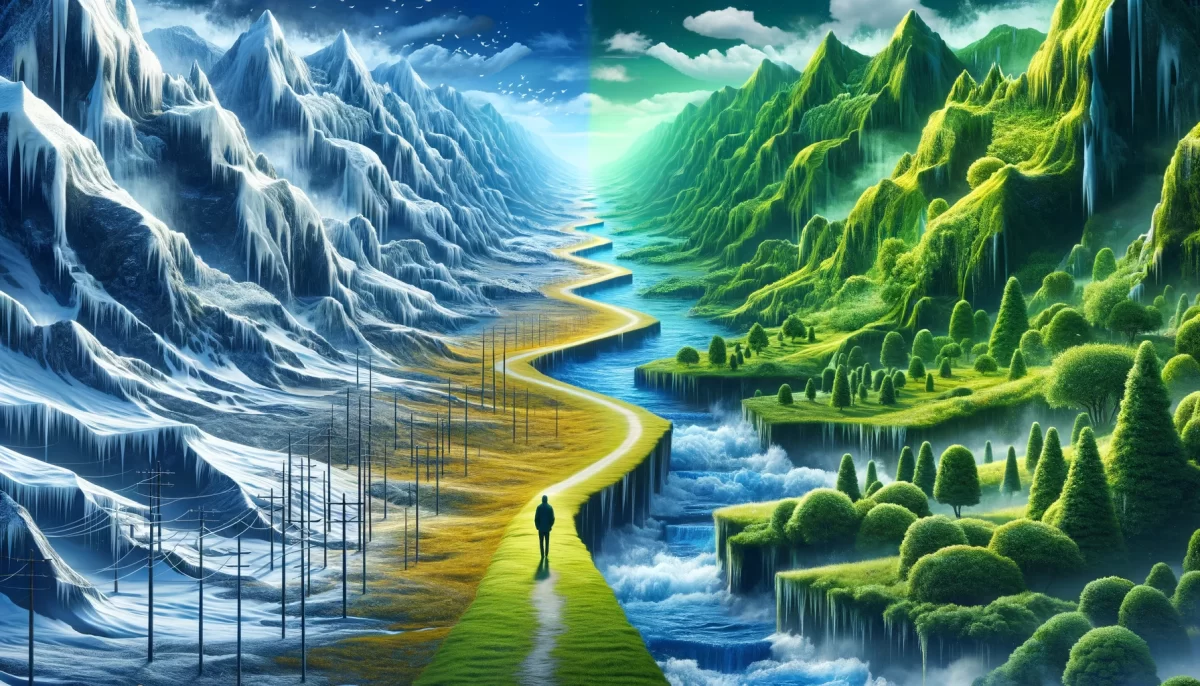
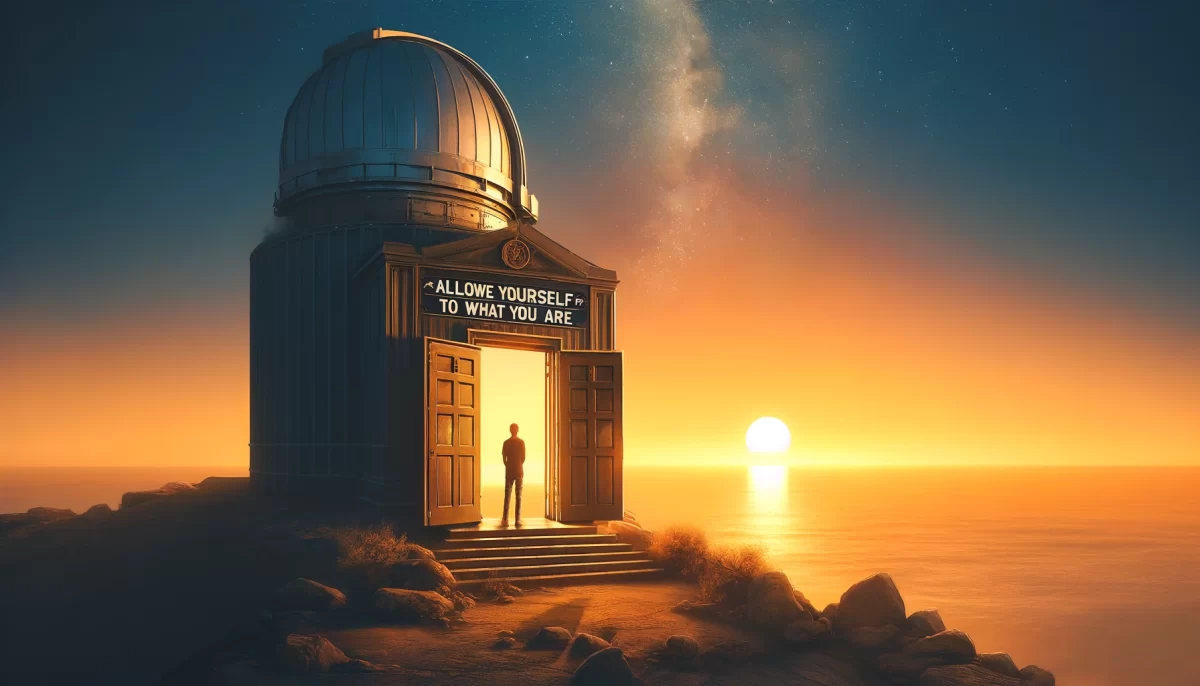
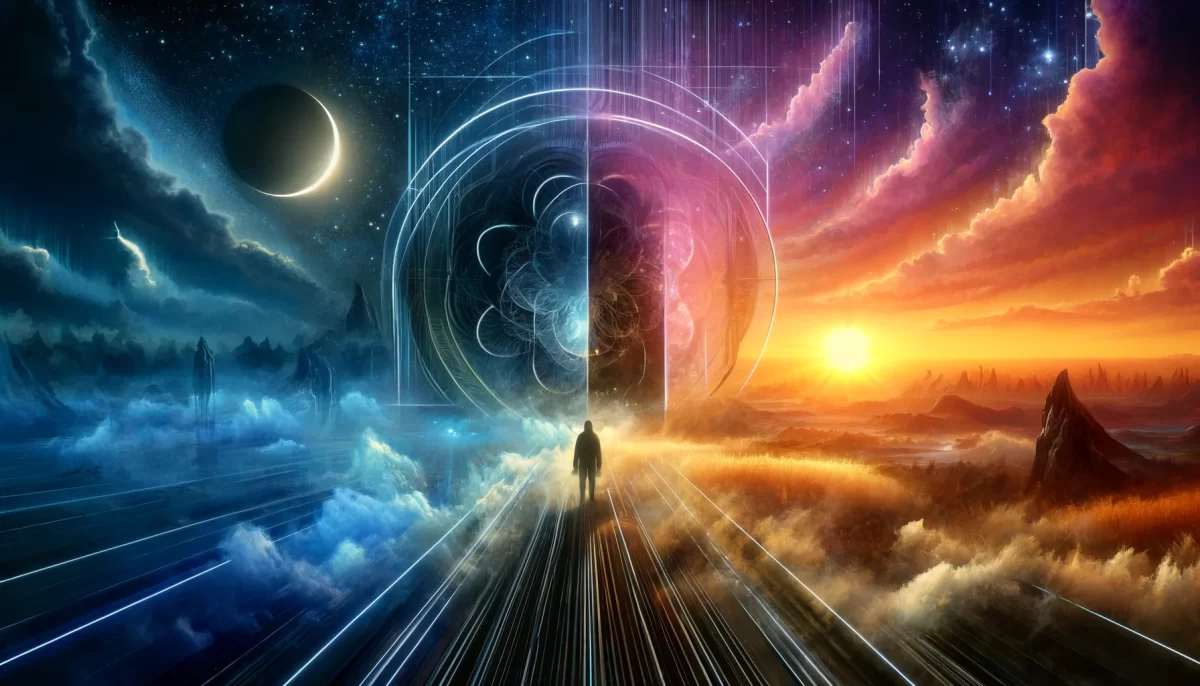
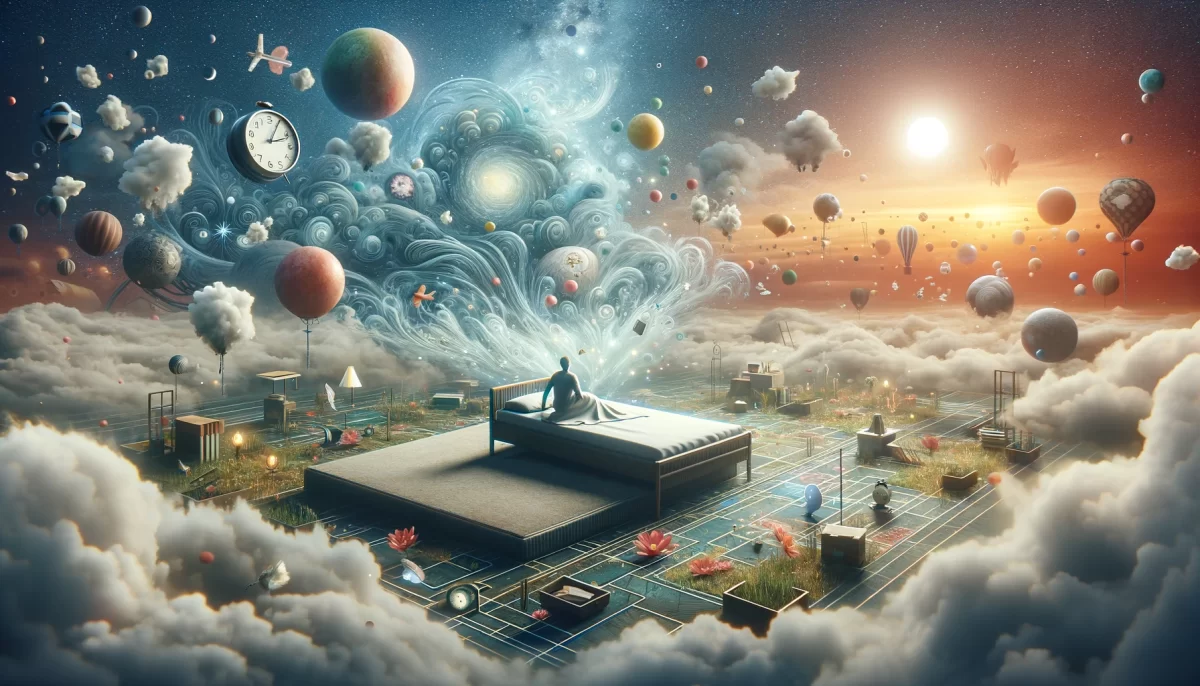
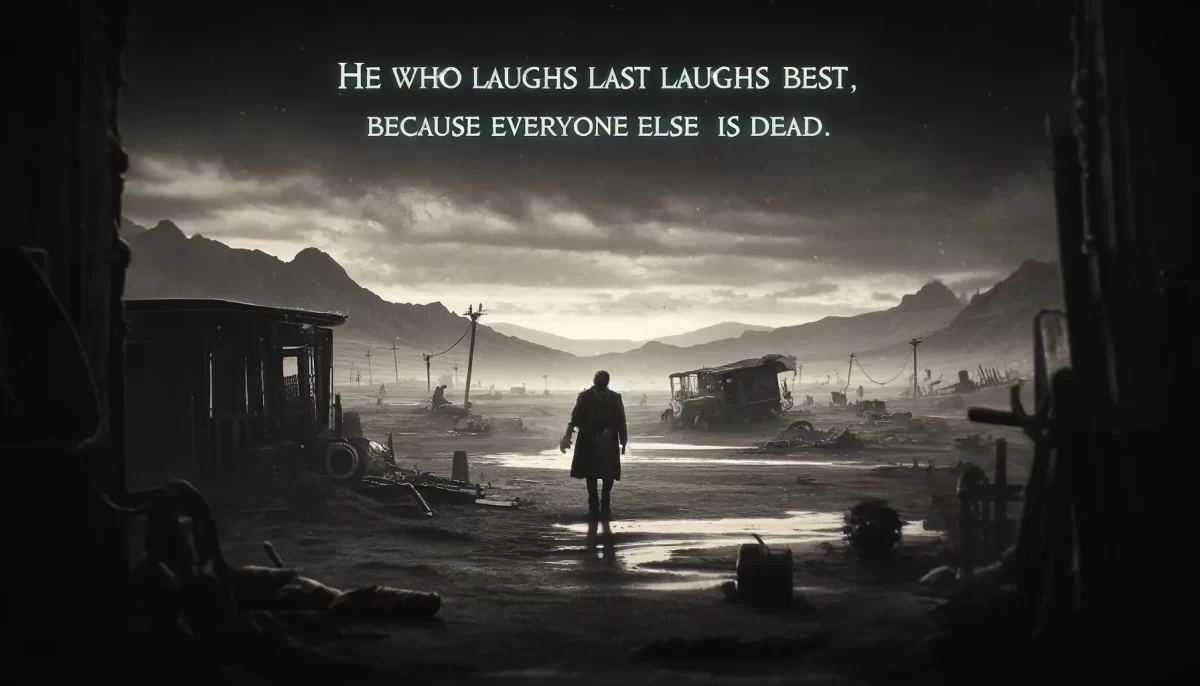
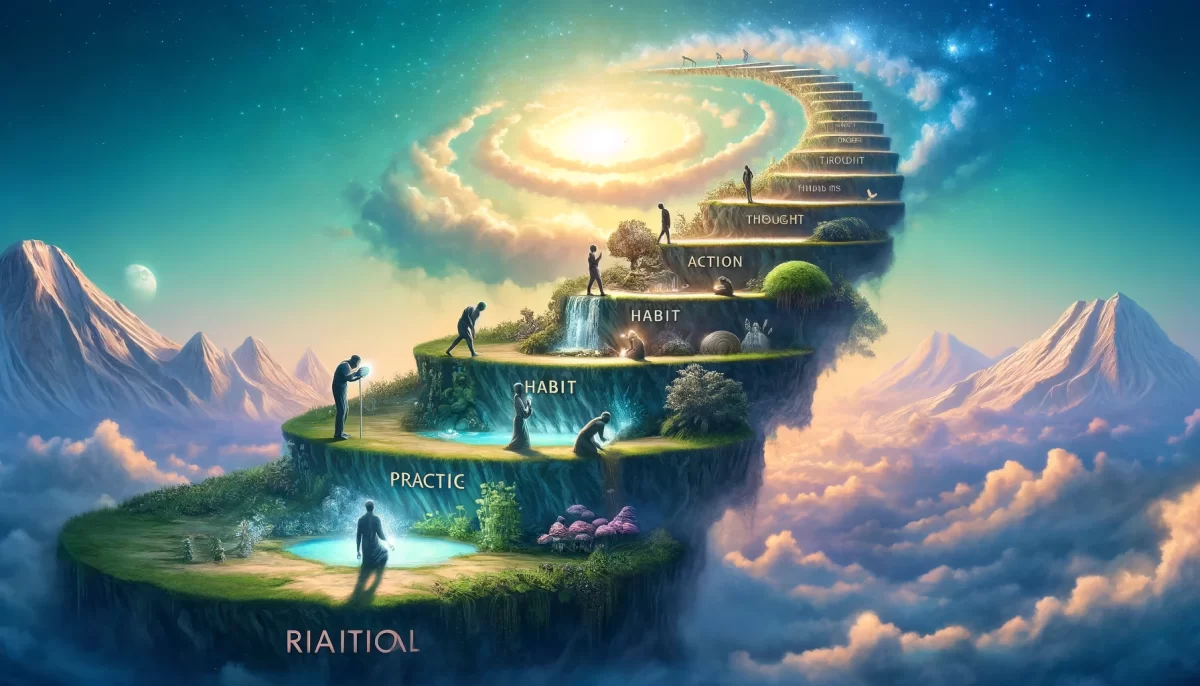
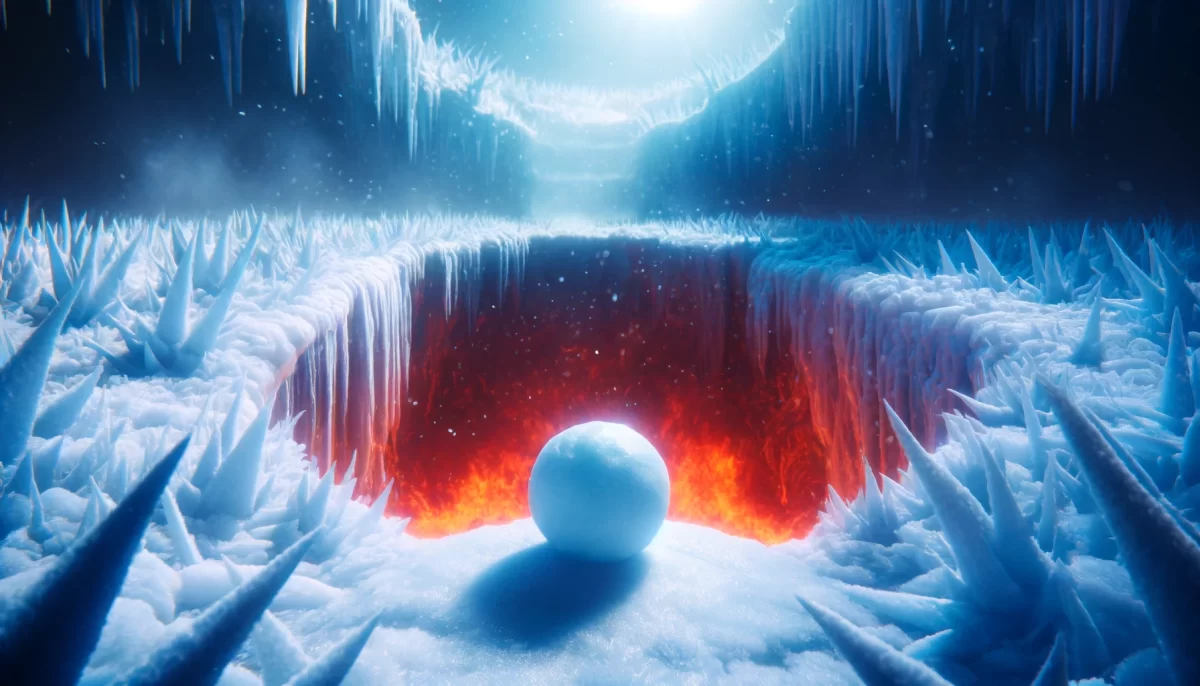
This appears to be a script or play where the character, “Me,” has a conversation with their own inner voice, “Myself,” discussing philosophical concepts such as nothingness, science, beliefs, and attention. The play explores the idea that nothingness is the sea of possibilities from which all things arise, and how humans have lost sight of nothingness by creating and obsessing over things. The play also touches on topics such as the nature of reality, memory, and the human need for attention.